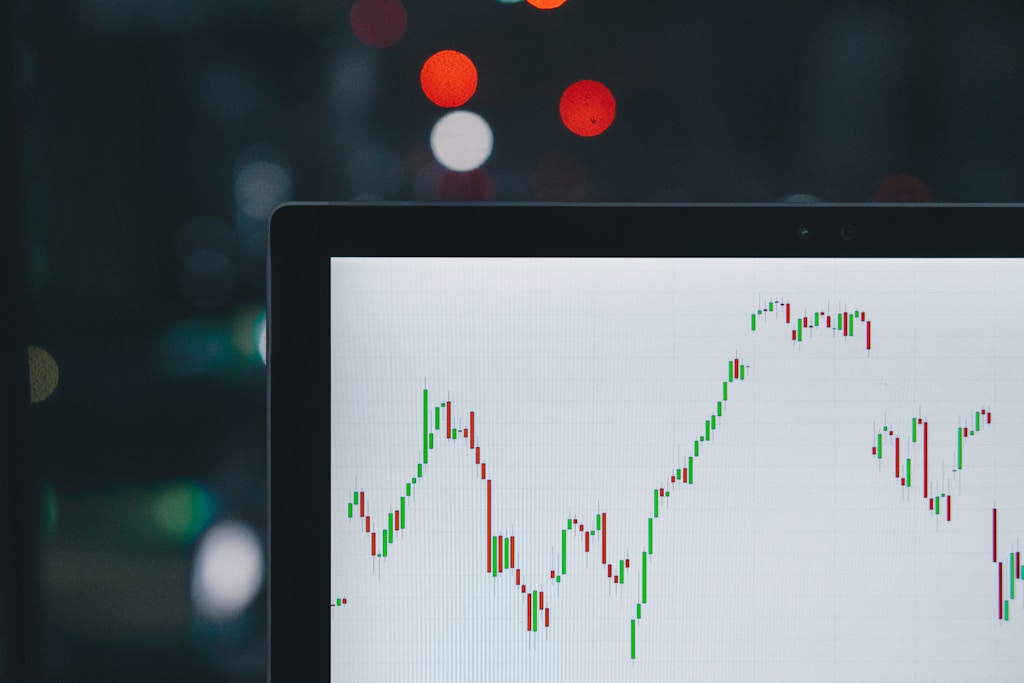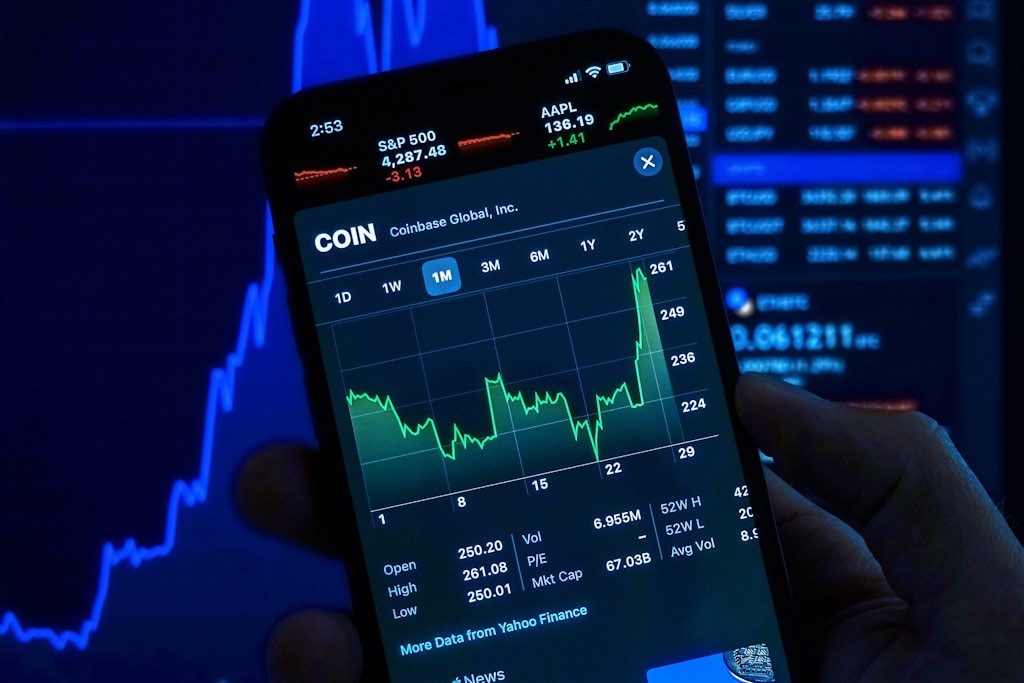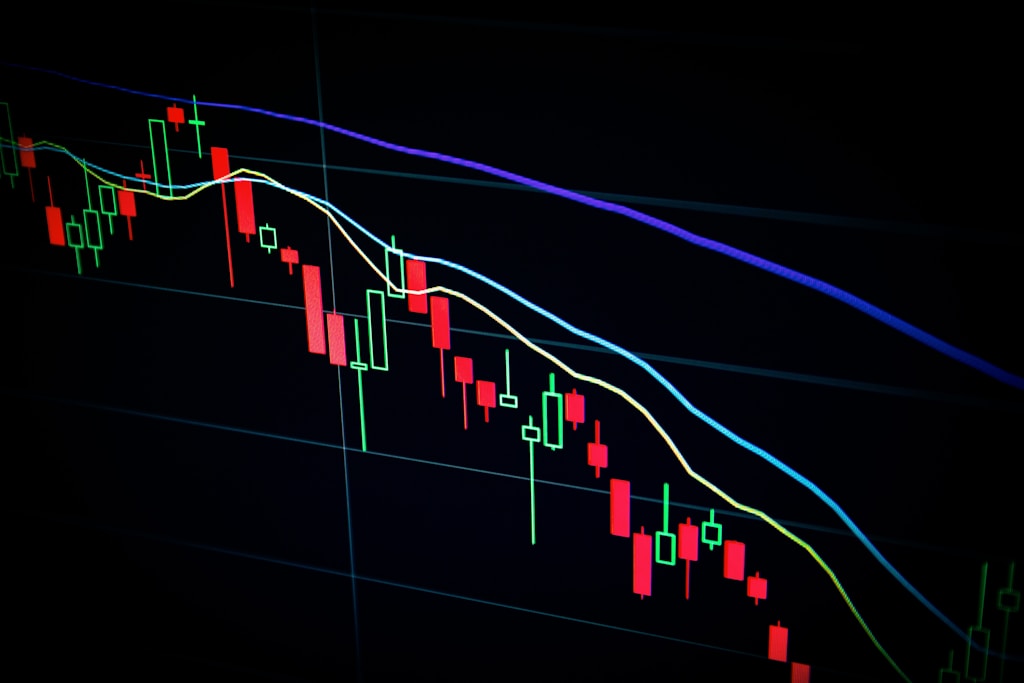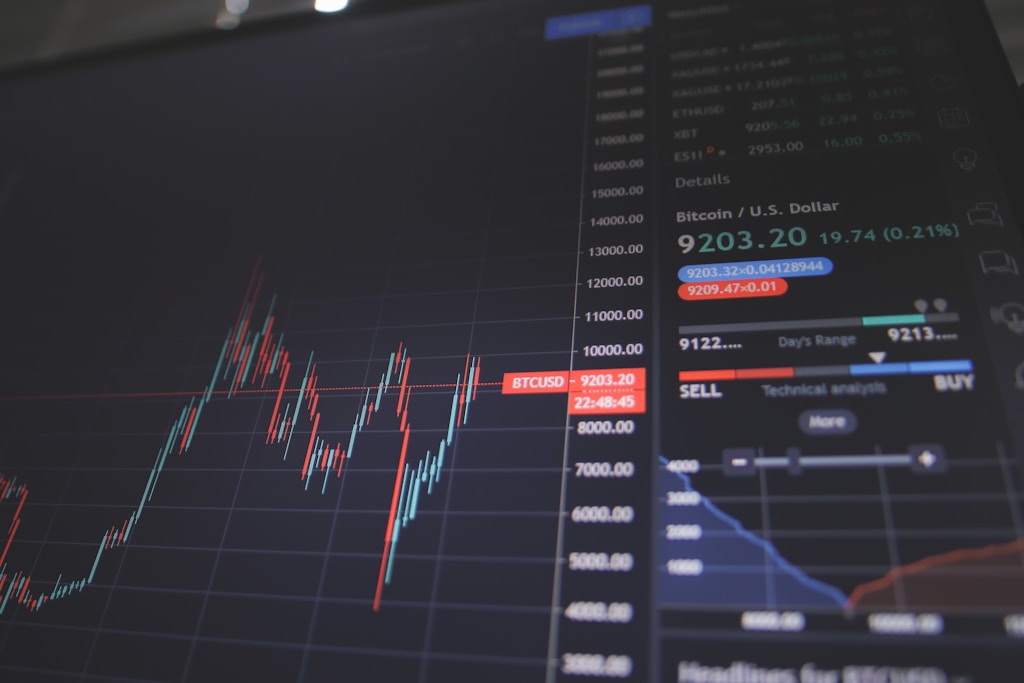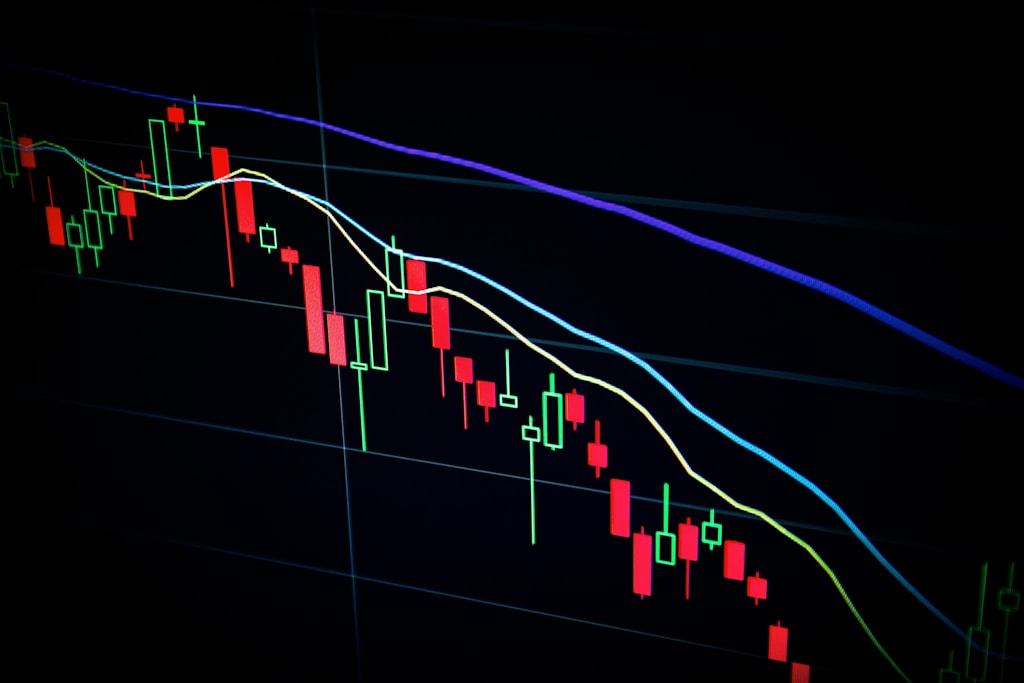Key Takeaways:
- Investors increasingly shifting away from US markets due to trade war concerns
- European markets emerging as preferred alternative destinations
- Trump’s tariff policies creating market uncertainty
In a significant market development, investors are showing the first clear signs of reducing their exposure to US markets, driven primarily by concerns over escalating trade tensions and policy uncertainty. This trend, which has been gradually building, marks a potential turning point in global investment flows.
As highlighted in recent developments surrounding Trump-related market volatility, policy decisions continue to impact investor confidence and market stability.
Market Impact Analysis
The shift away from US markets represents a broader reassessment of global investment strategies. Market analysts point to several key factors driving this trend:
- Escalating trade tensions with multiple countries
- Policy uncertainty impacting market stability
- Growing appeal of European market alternatives
- Increased focus on diversification strategies
Expert Perspectives
Leading market analysts suggest this could be the beginning of a longer-term trend. ‘Investors are increasingly looking for stability and predictability in their investment destinations,’ notes Sarah Chen, Chief Market Strategist at Global Investment Partners.
Alternative Market Opportunities
European markets are emerging as primary beneficiaries of this shift, with investors particularly attracted to:
- Stable regulatory environments
- Transparent policy frameworks
- Growing technological innovation hubs
- Strong institutional support
FAQ Section
Q: What’s driving investors away from US markets?
A: Trade war concerns, policy uncertainty, and the search for more stable investment environments are key factors.
Q: Which markets are benefiting from this shift?
A: European markets are seeing increased inflows, particularly in stable regulatory environments.
Q: Is this a temporary or long-term trend?
A: Analysts suggest this could be the beginning of a sustained shift in global investment patterns.
